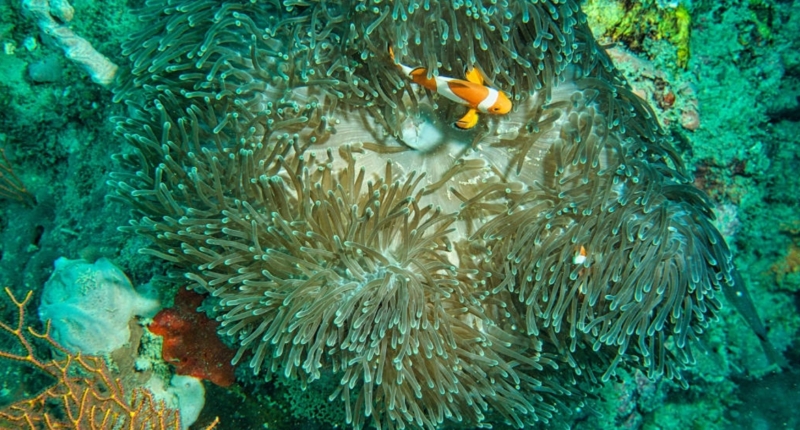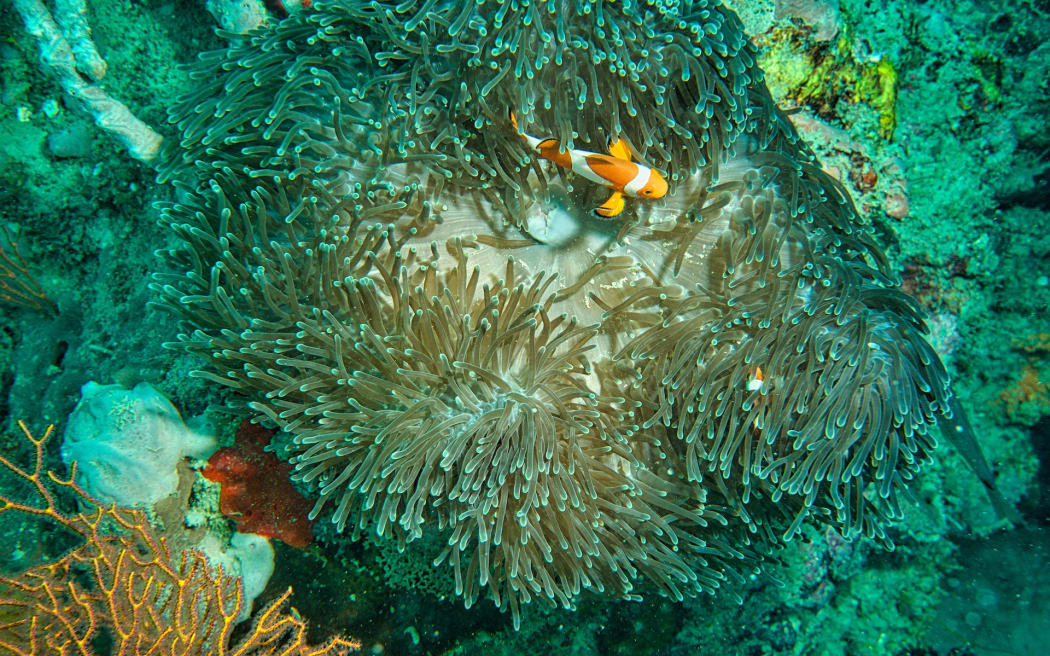Marine invasive species are a significant ecological and economic threat to Pacific nations, according to James Nikitine, founder of Blue Cradle. Invasive species of algae, mollusks, and worms can hitchhike on the bottom of ships and invade local ecosystems, which can cause the collapse of fisheries and threaten endangered species. The risk of invasive species is now higher than ever before, and climate change and increased shipping traffic exacerbate the problem. Blue Cradle conducted workshops to address the issue, with the partnership of the Cawthron Institute and the Coral Reef Initiative for the South Pacific. Blue Cradle also produced a documentary called “Unwanted Passengers” about invasive species. The South Pacific region should integrate economic opportunities with invasive species control, according to Nikitine.
Marine Invasive Species Pose a Significant Threat to Pacific Nations
Marine invasive species have been identified as an ecological and economic threat to Pacific nations, according to the founder of Blue Cradle, a New Zealand-based ocean conservation and science organization. James Nikitine founded Blue Cradle in 2020, and he warns that various species of algae, mollusks, and worms could invade local ecosystems by hitching a ride on the bottom of ships, thus traveling around the world.
Nikitine explained that the risk of invasive species has become higher than ever before due to the massive number of container ships in the ocean. He also stated that if these invasive species were to enter foreign waters and have a significant impact on pearl farms in French Polynesia, the consequences could cost hundreds of millions or even billions of dollars. Unfortunately, the problem will only intensify as waters continue to warm, allowing more invasive species to hitch a ride on ships and settle in subtropical and temperate areas.
The increased shipping traffic and the impacts of climate change exacerbate the issue, making it even more urgent to address it. Nikitine cited the Mediterranean fan worm and the Asian seaweed, undaria pinnatifidam, as examples of invasive species found in New Zealand. Meanwhile, in French Polynesia, South African oysters are slowly proliferating, while the Lionfish, originally from the Indo-Pacific, has become a pest in the Caribbean.
To address the problem, Blue Cradle’s CEO suggested that the South Pacific region should integrate economic opportunities with invasive species control. The undaria seaweed in French Polynesia, for instance, is already being used as a fertilizer. Moreover, the Lionfish problem in the Caribbean is being controlled by commercializing it, with parts of the fish used in jewelry and the fish itself sold as food.
Despite these opportunities, Nikitine emphasized that the conversation should not become economic to the point where certain species are encouraged to enter the ecosystem. Invasive species are a leading cause of the extinction of endemic Pacific species, according to the Secretariat of the Pacific Regional Environment Programme (SPREP). The 2013 SPREP’s State of conservation in Oceania report also noted that both marine and terrestrial invasive species affect marine ecosystems. Marine invasive species spread through ballast water and hull bio-fouling in ships, as well as marine debris, which they use as rafting habitats.
Invasive Species Threaten Local Ecology, Warns 2016 Report
According to a 2016 report, invasive species pose a significant threat to Pacific island countries, altering entire local ecologies and causing the collapse of fisheries, as well as endangering native species. The report calls for increased development and implementation of early detection and rapid response systems to address the problem.
To address this issue, Blue Cradle partnered with the Cawthron Institute and the Coral Reef Initiative for the South Pacific to conduct workshops in Tahiti, Mo’orea, Auckland, and Nelson. In addition, Blue Cradle produced a documentary called “Unwanted Passengers,” which will be released soon.
Founder James Nikitine identified South African oysters as an example of invasive species slowly proliferating in French Polynesia.
Don’t miss interesting posts on Famousbio











